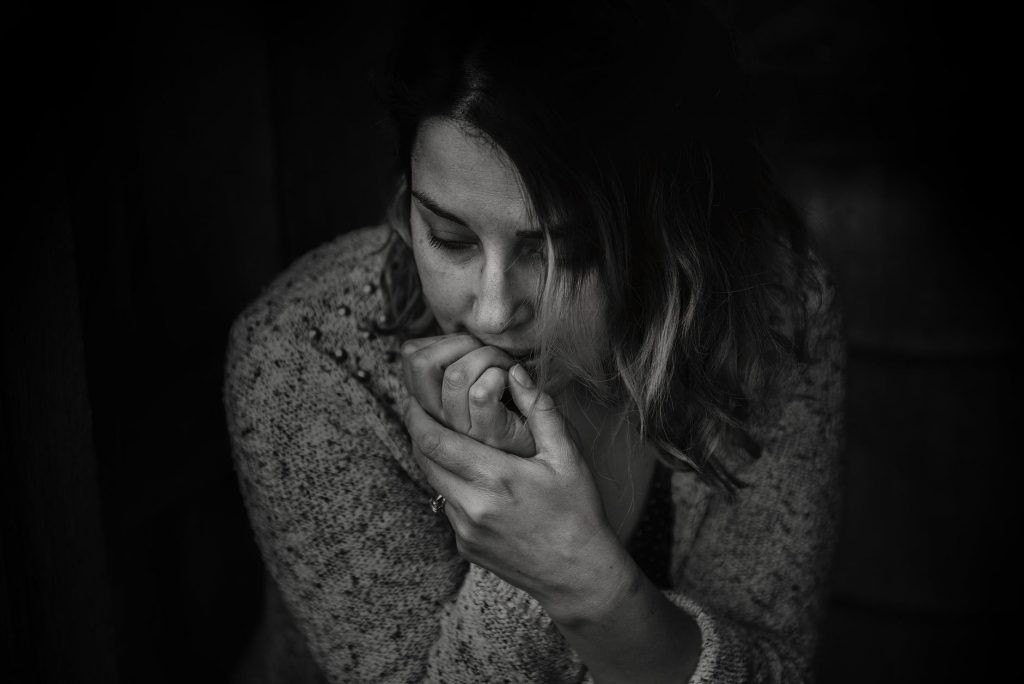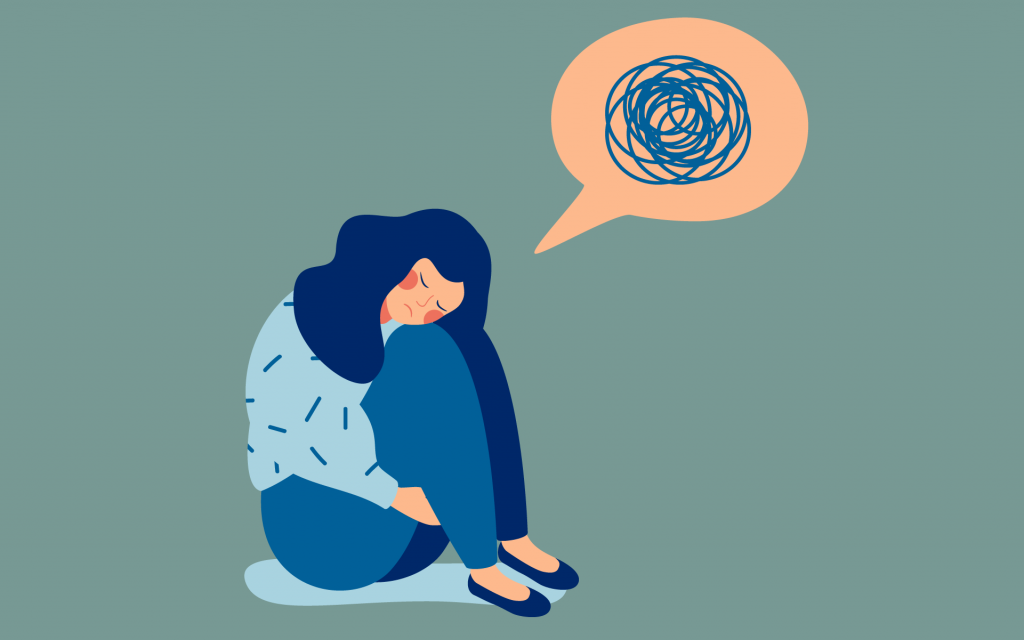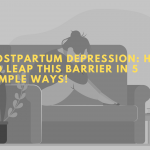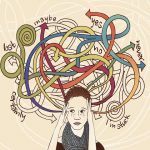The topic of the discussion here is what is obsessive-compulsive disorder symptoms and causes. We are going to highlight it’s symptoms, causes, and other important factors. Now let’s begin with the question-
‘What is Obsessive-Compulsive Disorder symptoms?’
Obsessive-Compulsive Disorder (OCD) is a common, chronic, and long-lasting disorder in which a person has uncontrollable, reoccurring thoughts (obsessions) and/or behaviors (compulsions) that he or she feels the urge to repeat over and over. Obsessive-compulsive disorder symptoms, or OCD, is an anxiety disorder that generally causes extreme discomfort. Sufferers are often riddled with persistent and recurrent impulses, thoughts, and images that are unwanted. According to the National Institute for Mental Health, Obsessive-Compulsive Disorder can affect more than 2 million adults in the United States.

It is a normal question but can cause an extreme amount of distress, and the disorder can dramatically interfere with a person’s daily life.
All in all-
- Obsessive-compulsive disorder (OCD) is characterized by obsessions and compulsions.
- Obsessive-Compulsive Disorder can have a profound effect on a person’s life.
- Psychological therapy, self-help techniques, and medication can help people to recover from Obsessive-Compulsive Disorder
Problems which are caused by Obsessive-Compulsive Disorder symptoms-
- Obsessive-Compulsive Disorder can make it difficult for people to perform everyday activities like eating, drinking, shopping, or reading.
- Some people may become housebound.
- Obsessive-Compulsive Disorder symptoms are often compounded by depression and other anxiety disorders, including social anxiety, panic disorder, and separation anxiety.
- People with Obsessive-Compulsive Disorders have difficulty in leading a normal life.
- OCD can hinder a person’s mental ability to think and perform things normally.
- It might even make you feel worse or depressed if not taken seriously.
These were the answers for what is obsessive-compulsive disorder symptoms and it’s causes.

Now let’s throw light on how we would know that someone has Obsessive-Compulsive Disorder. That means what are the major symptoms of OCD. Let’s explore-
What Is Obsessive-Compulsive Disorder symptoms-
The answer to what is Obsessive-Compulsion Disorder symptoms can be of two types. The symptoms of Obsessive-Compulsive Disorder includes both obsessive and compulsive behaviors.
Obsession includes-
- You might get unwanted ideas repeatedly which may disturb you.
- Fear of contamination from various strange things around you.
- You can be aggressively impulsive at times which is hard to control.
- Persistent sexual thoughts may be quite disturbing as well.
- Images of hurting someone you love.
- You may get consistent though that you might cause others harm.
- Or you may get thoughts that you might be harmed.

Compulsion Includes-
- Constant checking something because you may need assurance more than required.
- Constant counting.
- The repeated cleaning of one or more items
- Repeatedly washing your hands.
- Constantly checking the stove or door locks
- Arranging items to face a certain way
- Having a constant phobia for dirt, germs, and viruses around you.
- Cleaning all the things multiple times.
Now after these we can also classify the symptoms of Obsessive-Compulsive Disorder and answer the question of What is Obsessive-Compulsion Disorder symptoms on the basis of mental and physical well being of a person.
Mental Symptoms includes-
- You are excessively worried about certain things.
- You cry easily and that even makes you feel worse and helpless.
- You get extreme tension and headache.
- You have a constant feeling that nothing is right around you.
- You have signs of depression too.
Physical Symptoms Includes-
- The physical problems are not stated as it’s a mental health problem but still, Obsessive-Compulsive disorder may cause harm to them as well as others too.
- It can lead to some aggressive steps which can cause physical injuries.
So these were the major types of symptoms of Obsessive-Compulsive Disorders and answer for What is Obsessive-Compulsive Symptoms.
Let’s move to the causes now. What’s the reason behind such a critical problem or disease. Let’s figure it out-

Causes Of Obsessive-Compulsive Disorder-
Even after multiple types of research on Obsessive-Compulsive Disorders, it is not quite sure what is the reason behind this disorder. Nothing has been said but there are theories. The causes of Obsessive-Compulsive order can be said as –
- Compulsions are learned behaviors, which become repetitive and habitual when they are associated with relief from anxiety.
- OCD is due to genetic and hereditary factors.
- Chemical, structural and functional abnormalities in the brain are the cause.
- Distorted beliefs reinforce and maintain symptoms associated with OCD.
- It is possible that several factors interact to trigger the development of OCD. The underlying causes may be further influenced by stressful life events, hormonal changes, and personality traits.
Treatments Of Obsessive-Compulsive Disorder
Treatment for OCD can include:
• Physiological treatments such as cognitive behavior therapy-
This therapy involves gradually exposing the person to situations that trigger their obsessions and, at the same time, helping them to reduce their compulsions and avoidance behaviors. This process is gradual and usually begins with less feared situations. The exposure tasks and prevention of compulsions are repeated daily and consistently until anxiety decreases. Over time, this allows the person to rebuild trust in their capacity to manage and function, even with anxiety. This process is known as exposure and response prevention (ERP). Cognitive behavior therapy should be undertaken with a skilled, specialist mental health professional. Overuse of alcohol, drugs, and some medications may interfere with the success of this type of treatment.
• Support groups and education-
Support groups allow people with OCD and their families to meet in comfort and safety and give and receive support. The groups also provide the opportunity to learn more about the disorder and to develop social networks.
• Proper medical treatment and medications-
Some medications, especially antidepressants that affect the serotonin system, have been found to reduce the symptoms of OCD. This medication can only be prescribed by a medical practitioner. Side effects of antidepressants may include nausea, headaches, dry mouth, blurred vision, dizziness, and tiredness. These effects often decline after the first few weeks of treatment.

Self- Care Tips For Obsessive-Compulsive Disorder condition-
- Writing down all the obsessive thoughts in a journal every day may help you assess the severity of the disorder.
- Trying to gain more focus or attention by indulging in some physical exercise which helps in avoiding the negative thoughts.
- Taking proper care of oneself by avoiding things or incidents that may cause stress or too much overthinking.
So it was all about Obsessive-Compulsive Disorder and What is Obsessive-Compulsive Disorder symptoms. It is highly recommended that if any person has more or less any of these symptoms may consult medical help.







